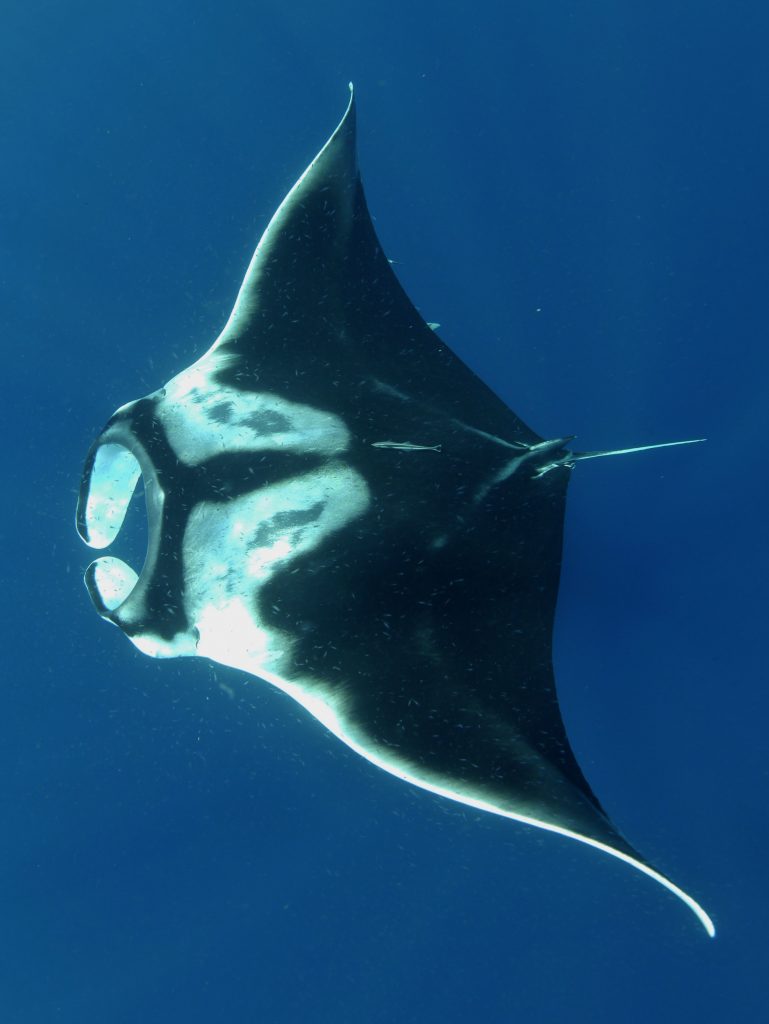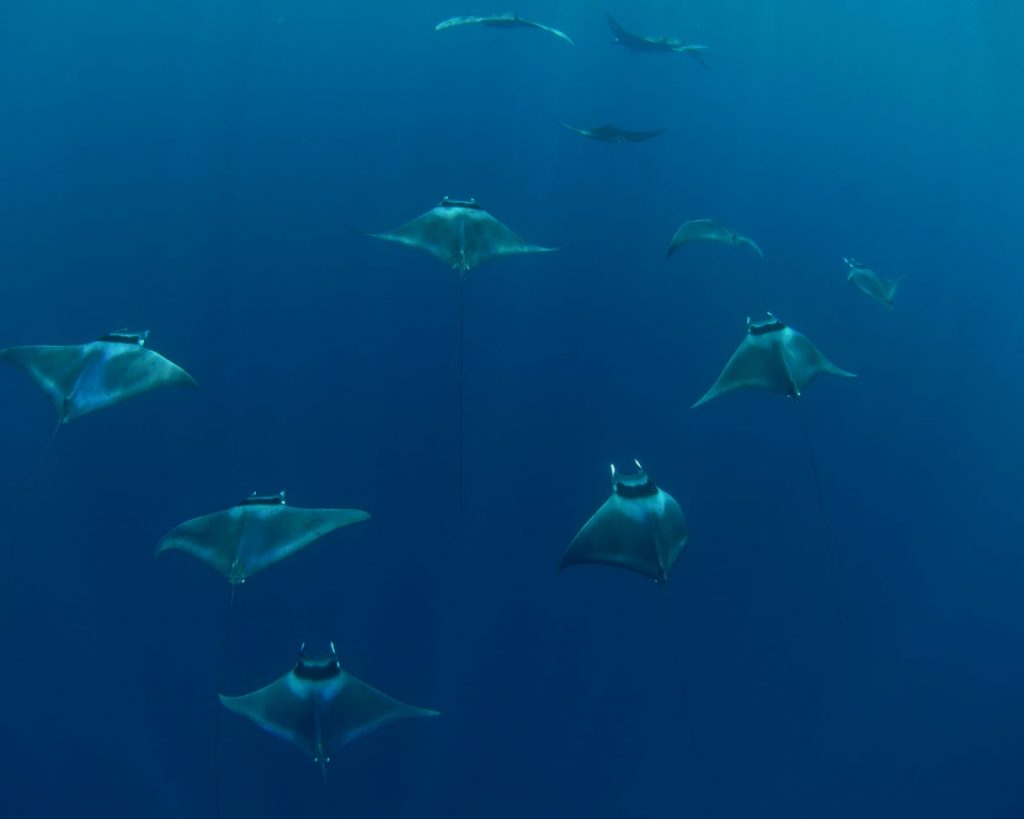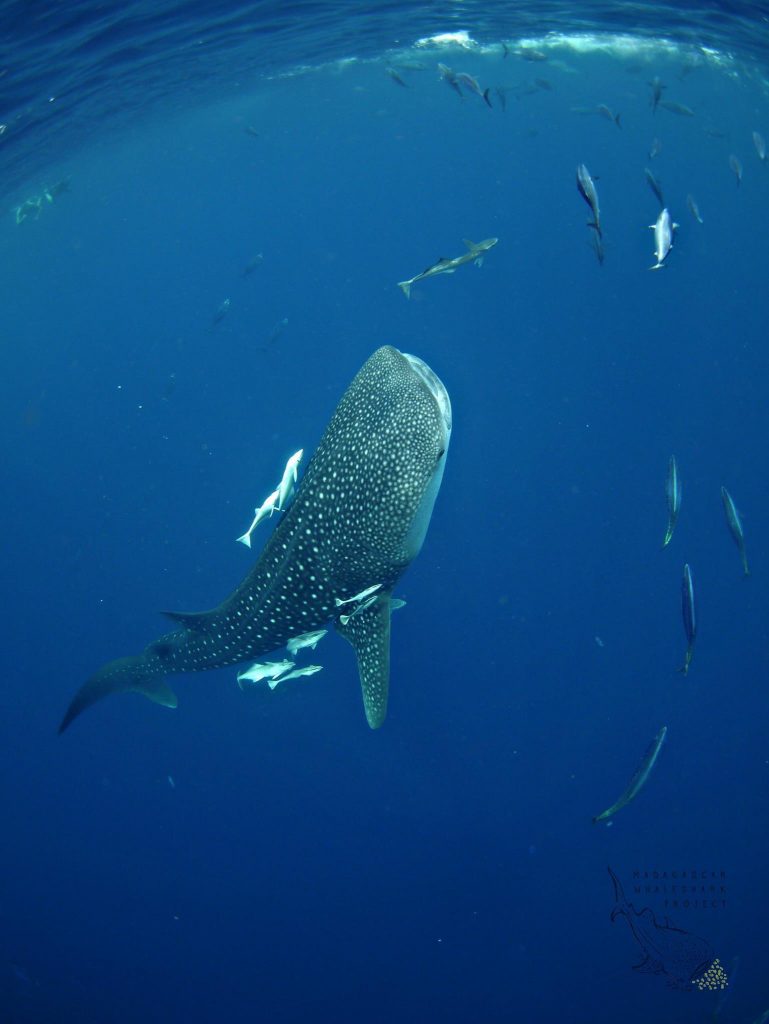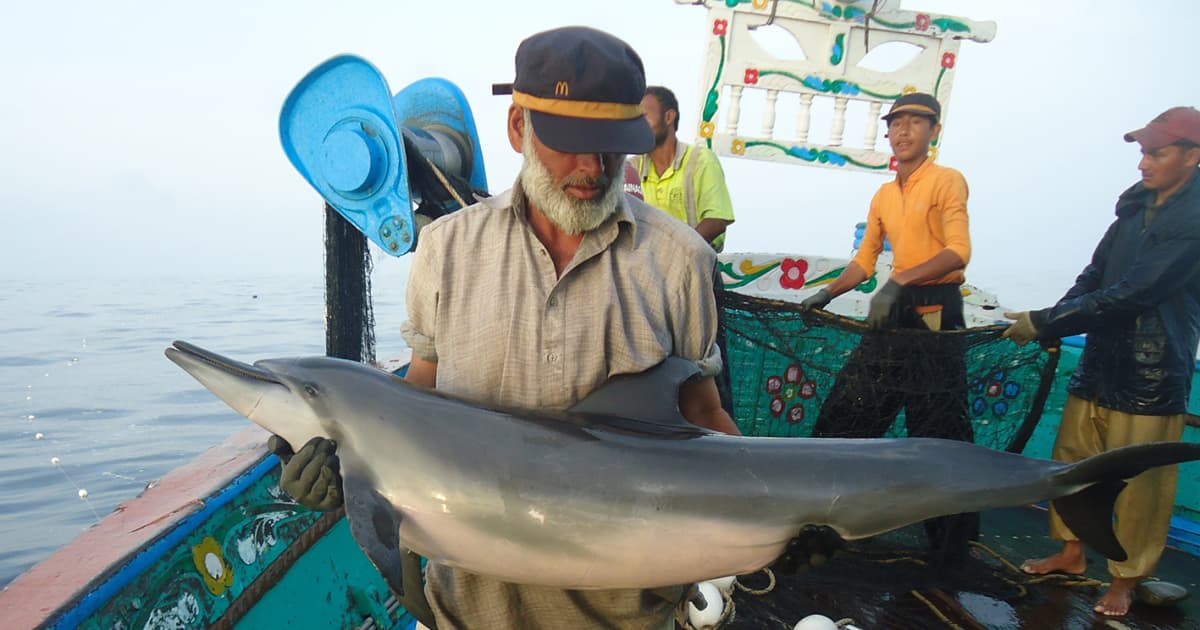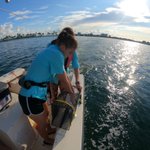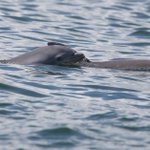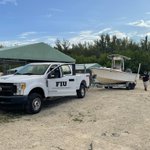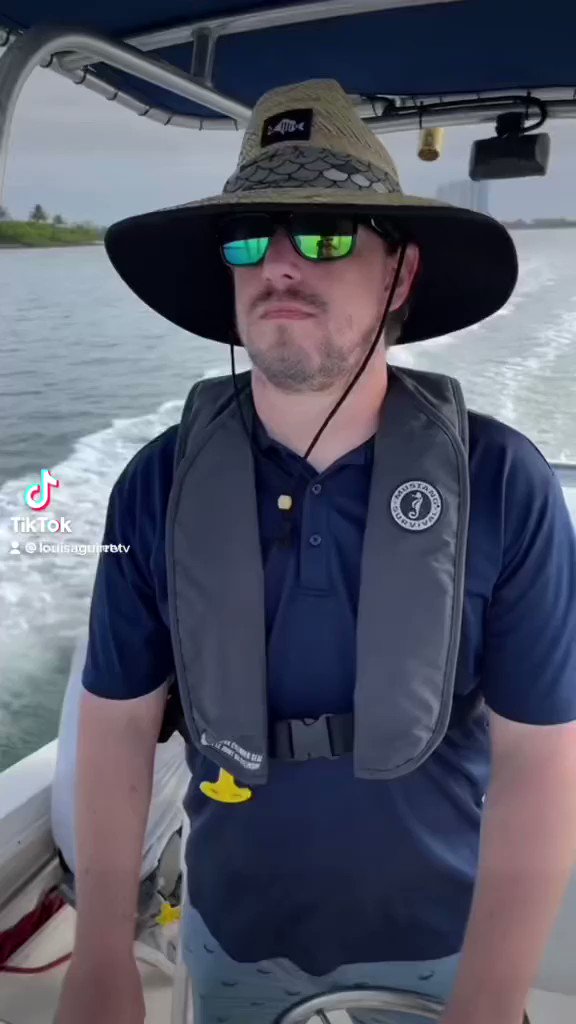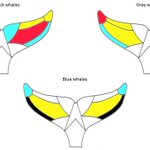Whale sharks (Rhincodon typus) are globally endangered and are facing major threats, including incidental captures in fishing gears, disturbance from tourism, climate change and collisions with vessels. In 2015, Stella Diamant, Jeremy Kiszka and Simon Pierce founded the Madagascar Whale Shark Project.
The goal of the project is to assess the abundance, site fidelity, spatial distribution and movements, and foraging ecology of whale sharks in the waters of Nosy Be Island.
Species
Whale shark (Rhincodon typus)
Whale sharks (Rhincodon typus) are globally endangered and are facing major threats, including incidental captures in fishing gears, disturbance from tourism, climate change and collisions with vessels.
We study the abundance and ecology of whale sharks in Madagascar and how human activities threaten their survival
We use several methods to address multiple questions, including photo-identification, biopsy sampling, acoustic and satellite tagging. Since 2015, we have identified more than 400 individuals. Whale sharks closely associate with tuna schools from September to December, and disappear for the rest of the year. Several individuals come back year after year, but we are still trying to understand their migration patterns, and how ocean conditions affect their movements and distribution in the Mozambique Channel.
Since 2018, we also study shark prey and how prey pulses affect the occurrence of whale sharks and other species in our study area (mostly south of Nosy Be), including tuna and seabirds. This project has an important outreach component with local stakeholders (dive and other tourism operators, fishermen) and local schools, which will be key to locally and nationally protect this species. We also try to understand how local and regional threats may affect the survival of whale sharks in this area, and how to reduce the impact of human activities on this endangered species. This project is highly collaborative and inclusive, which we believe will be critical for the sustainability of research and conservation activities in the future.

